Agent-based Modeling (ABM) is a type of computational simulation that involves the creation, inside a computer’s memory, of a collection of objects that are programmed to mimic the behavior of people, companies, countries or anything else that constitutes the “agents” that interact and change over time as part of a complex system. ABM has been used for decades in diverse fields, and has grown more popular as computers have become more powerful and less expensive. In the field of meteorology, ABMs have been designed such that each region of the atmosphere is represented as an “agent” that interacts with adjacent segments of atmosphere to create models that simulate and predict complex weather patterns. ABM has been used to study traffic patterns, where cars and trucks are modeled as “agents” moving across roads. It has been used in biology to model predator-prey dynamics. It has been used to study urban sprawl and racial segregation. It has been used to model the behavior of children in the school yard and the behavior of nations interacting on the world stage. And, in health care, ABM has been used at the CDC and elsewhere to model the transmission and spread of communicable diseases.
ABM is useful when the system of interest is too complex to reduce down to an equation. In my experience, many problems in both health care and health care management fit that description. Think about creating a successful Accountable Care Organization. It involves primary care physicians, specialists, hospitals, patients and health plans interacting, being incentivized in new ways, with changing relationships and changing capabilities regarding information technology, care management and analytics. It seems unlikely that we can reduce this down to a system of equations. But, if we can’t model it with traditional models, should we just fall back on our intuition about what is likely to happen if we pursue different policies and make different investments? How about we use our intuition AND create models. The models allow us to clarify our thinking and explore many different scenarios to see the potential implications of different choices.
According to a Jan 31 article in the Johns Hopkins Gazette, Joshua Epstein is establishing the Johns Hopkins University Center for Advanced Modeling in the Social, Behavioral and Health Sciences (CAM). Epstein is in the Department of Emergency Medicine, but has cross appointment in other departments including Bloomberg School of Public Health, School of Medicine, Whiting School of Engineering and Krieger School of Arts and Sciences. They are focusing on disaster medicine, disaster response, public health preparedness, and chronic disease. And, they are seeking multi-institutional collaboration, starting with the Santa Fe Institute, Pittsburgh National Center for Supercomputing Applications, Virginia Bioinformatics Institute at Virginia Tech, National Center for Computational Engineering at Tennessee and ETH, in Zurich. Among the earliest models developed by CAM researchers is a planet-level model of 6.5 billion agents to explore the transmission of communicable diseases, including swine flu.

In my opinion, ABM is destined to eventually become a standard tool to support knowledge-driven decision-making regarding the transformation of our complex health care system, including the formation of successful ACOs.

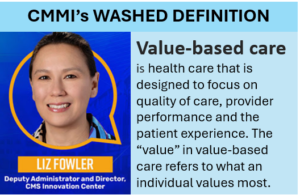
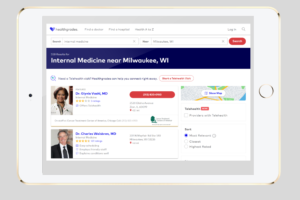

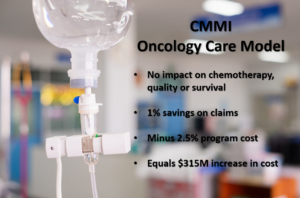

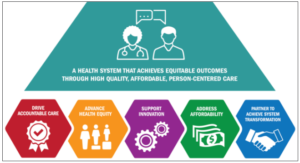

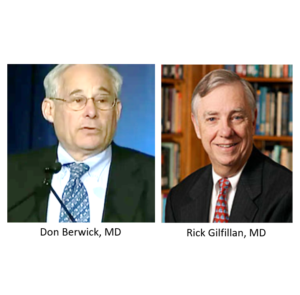

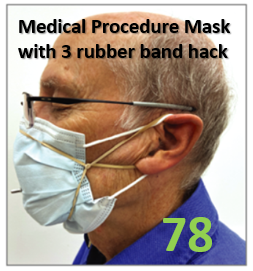
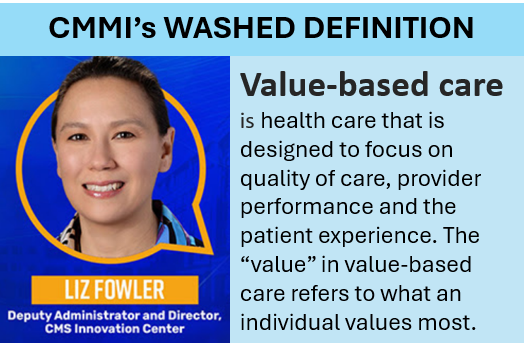
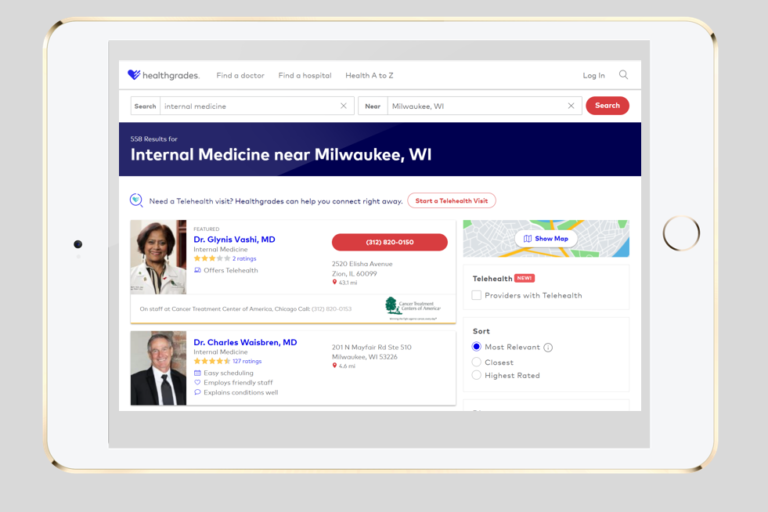
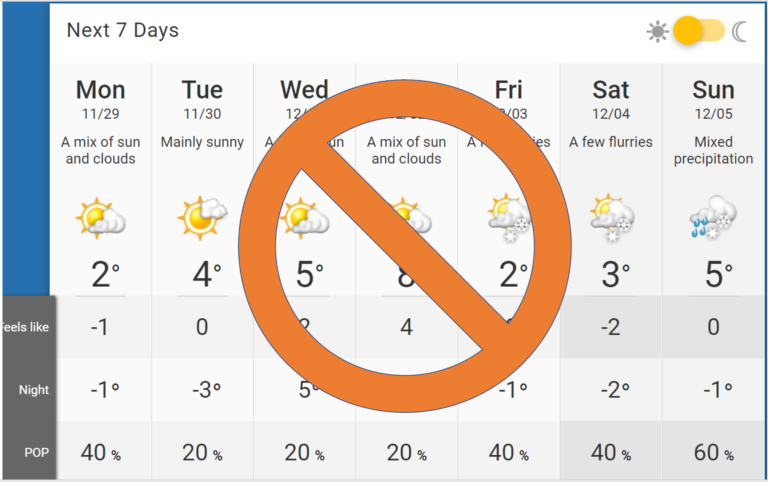
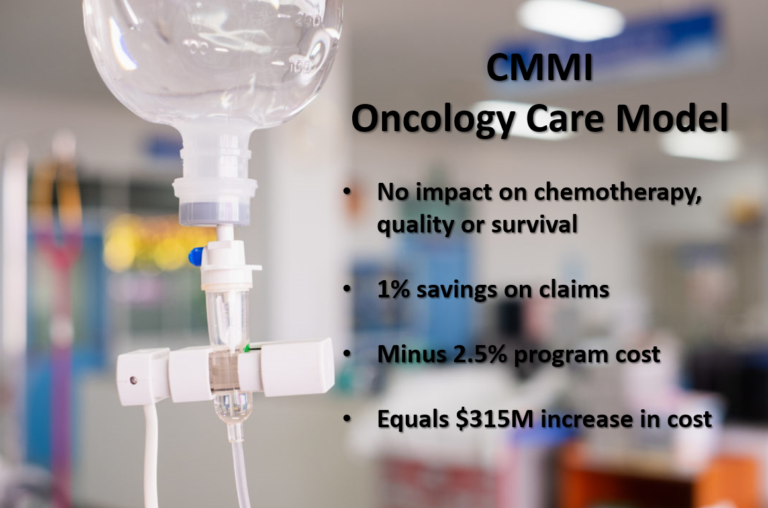

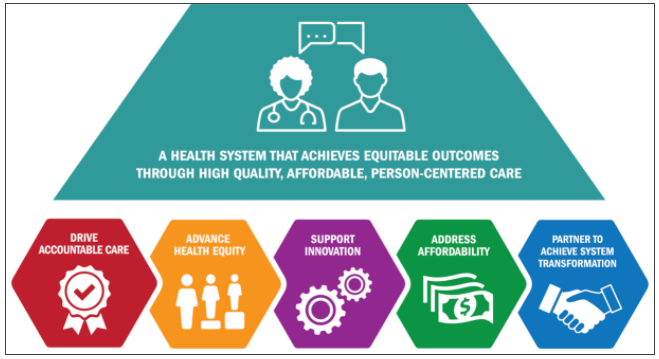
1 thought on “What are agent-based models and how do they relate to ACOs?”
Hi Dr. Epstein
My name is Ricardo A. Rivera, I’m a MA philosophy student at the University of Texas El Paso. I am writing because for about the last year of two, I read your book on Generative Social Science and most of yoour articles concerning agent-based models. I guess I’m writing because your work has really been an inspiration and in fact my thesis focuses, partly, around your comments on Generative Social Science and your work on the Artificial Anasazi Project. I reference your work throughout my thesis and one chapter is dedicated to you and your colleagues ideas. I wanted to thank you as well, I’m not sure people are always aware of the positive impact that they have on others, and I thought you should be. As an undergrad. I studied philosophy and anthropology and I was always a bit skeptical of the methods in anthropology. I though that other methods, ones that we could trust epestemically, could be developed. It was suggested that I read on the methods of anthropology and I did but I wasn’t satisfied. Then I ran into your work and my thesis took aim(About a year into the program). I was completely excited and inspired, I read up on Complexity while reading Generative Social Science and all your other work. Anyway, I’ll be defending my thesis May 6th it is on agent-based models as a tool of Social Science and a concept I call exploratory. it was a rough little road with not a lot of guidance but your work was always a solid guide through many great ideas and many unsure moments. Well, I hope you are well, I hope you are enjoying your work (i think you recently changed places, right?) and your life- ric